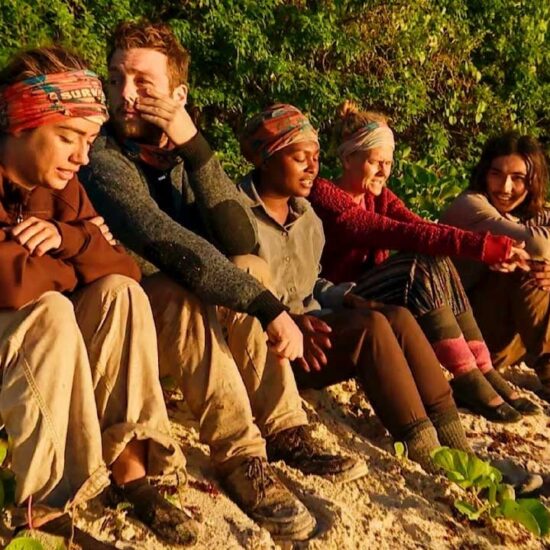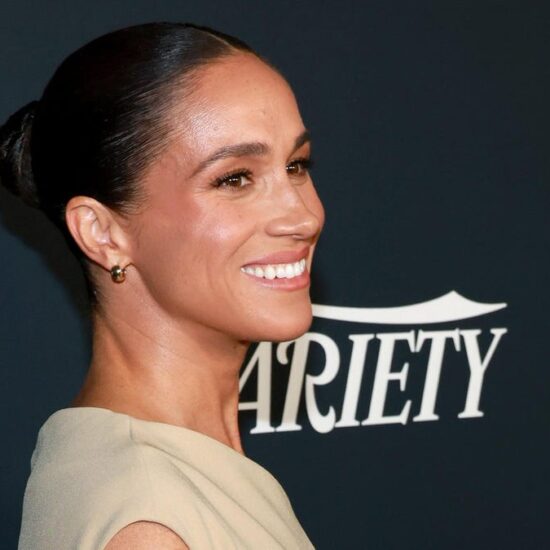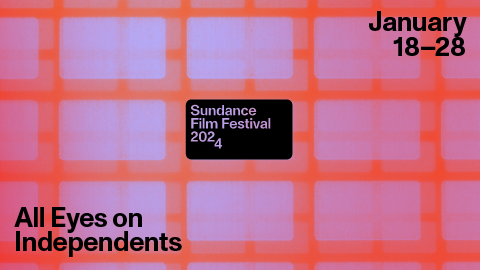
An experienced Czech cop proved to be the right man for the job when European justice officials began probing the war crimes that grew out of the breakup of Yugoslavia in the early 90s.
But Viktor Portel’s film “The Investigator,” screening in the main competition at the Ji.hlava Intl. Documentary Film Festival, reveals Vladimír Dzuro to be a great deal more than a tenacious detective.
Certainly he does methodically gather evidence and he shows no hesitation about stepping into wartime hot zones to gather testimony or even to exhume bodies, as his team did near the Croatian border town of Vukovar in 1996.
But during 14 days of filming on the exact sites where mass murders were carried out Dzuro proved himself to be invaluable not just as an onscreen storyteller, but as a professional with perspectives still relevant today, says Portel.
Returning to the scene of the crimes was “kind of a big trauma” for his subjects, says Portel, “but on the other hand they feel they have to talk about it. We told them we didn’t want to talk to them only about the trauma but that we’re also interested in their current situation, their feelings about the Hague court, and so on.”
Dzuro’s book about his experiences tracking down those responsible for atrocities, “The Investigator: Demons of the Balkan War,” inspired Portel to begin putting together “The Investigator” four years ago, he says.
The Czech filmmaker and researcher was working at pubcaster Czech TV on historical shows when he first came across Dzuro’s story, he recalls.
In 1992 Dzuro was working for Interpol’s Prague bureau when he learned that UNPROFOR, the United Nations peacekeeping force in the Yugoslav war, was recruiting civilians in Croatia, Bosnia and Herzegovina. “I realized I had an obligation as a criminal investigator,” Dzuro says in the film, after seeing snipers hunting women and children.
He wanted to be part of new mechanism for international justice, working to help build solid legal cases for prosecuting those responsible at the then-newly formed International Criminal Court in The Hague. Dzuro and many others, Portel says, believed that shining a light on the atrocities would help change things and make such tragedies a thing of the past.
The reality of long, drawn out cases in which the chief suspects sometimes died before they could be fully tried and sentenced was quite a different result, the director says. “A lot of people were really sad and angry about the court – and not only in Serbia,” as Portel puts it.
It didn’t take a massive effort to convince Dzuro to appear in a film version of his book, Portel says. The cause of getting the truth out is one Dzuro remains dedicated to today, where he’s currently based, in New York as a high-ranking United Nations official.
But it’s likely Portel’s subject didn’t quite grasp the extent of the recreations of war crimes the director was planning or the emotional strain of revisiting the crime sites after so much time – and sometimes tracking down eyewitnesses no one has heard from for decades.
One crucial figure in the doc is the former head of the Vukovar hospital where 350 people including dozens of wounded, women and children, were sheltering in the basement as the building was hit by aerial bombardment. She appealed to Red Cross for help for months, then was finally promised safe passage out of the Croatian-Serbian border town city.
But soldiers under Slavko Dokmanović stopped the Red Cross from getting through, as Portel’s doc recounts, and instead unmarked busses arrived at the hospital to carry patients and staff to a location they would not disclose.
It soon turned out to be a killing field not far outside the city, where at least 40 children were massacred.
“The Investigator” takes viewers on dark journeys retracing these events and also covers the crimes and the capture of mass killings organizer Željko Arkan, in which Dzuro played a key role.
Although the doc had a micro budget, Portel says, the rich, cinematic imagery shot by cinematographer Šimon Dvořáček adds power and depth to the story, especially when intercut with archival news footage of the same locations.
“I knew the basic framework would be real people going back to the real places connected to the cases,” says Portel. “I also knew I wanted to have the time there to make the film look cinematic. And Dvořáček did it in an incredibly small amount of time.”
The shadows of events from that time, laid out in forensic detail in the Czech-Croation doc, the first feature-length nonfiction film by Portel, are long indeed.
But, the director says, returning to the killing fields decades later has offered everyone a better perspective on events. One insight was the vast extent of the violence and killings, he says. “The Investigator” cases, as horrific as they were, “are only a tiny drop in this sea of terror.”













